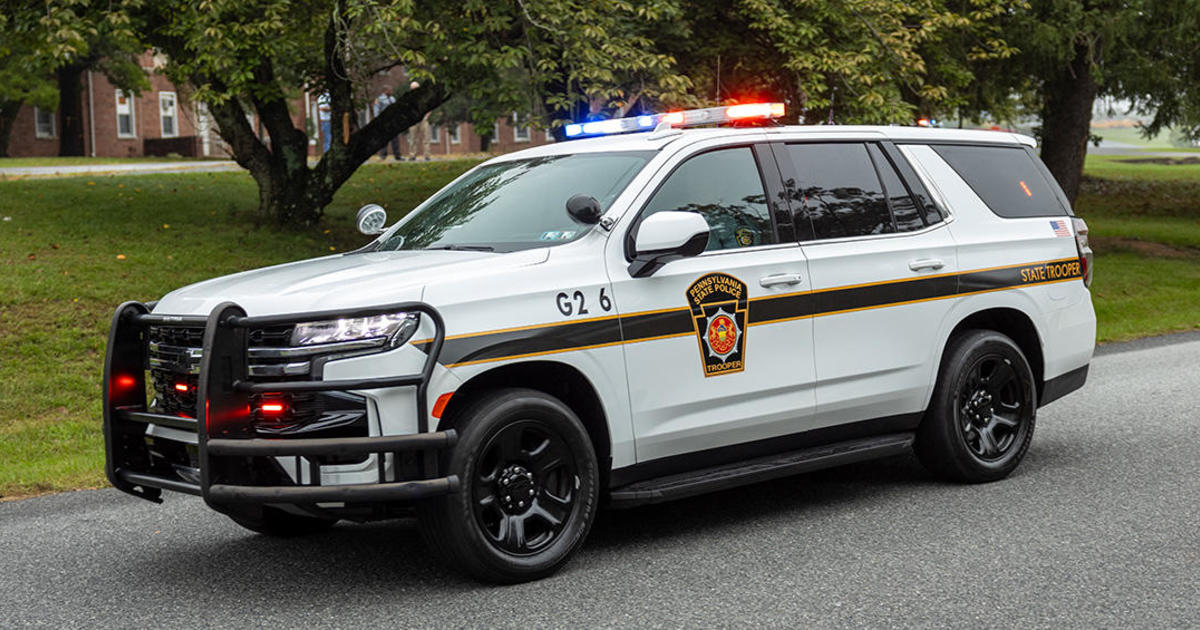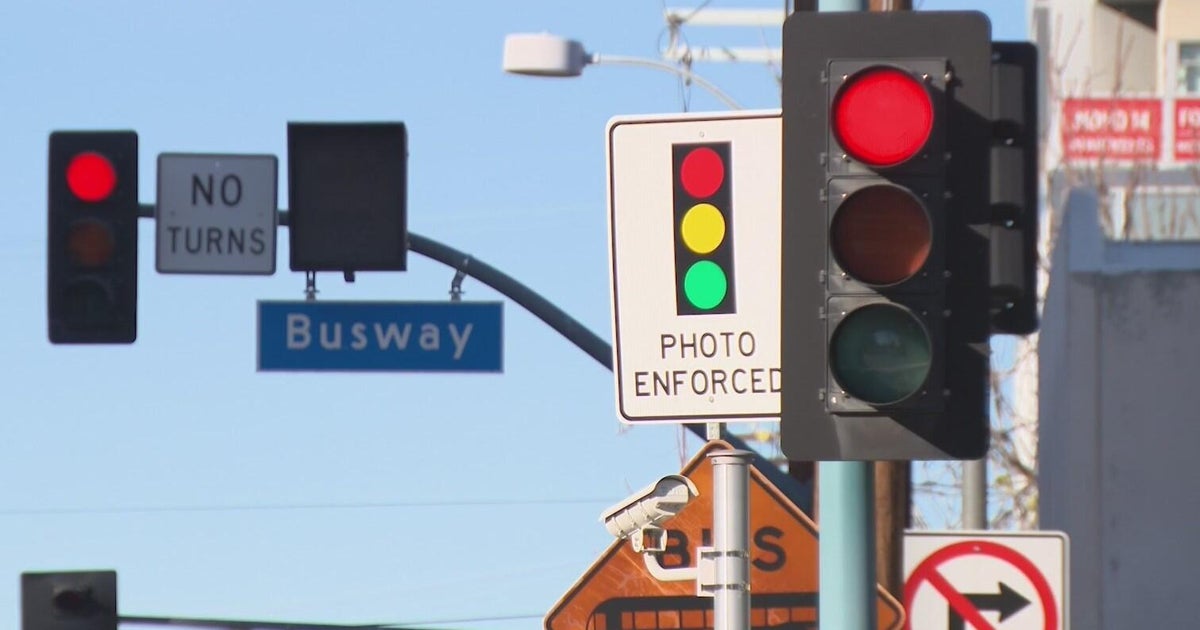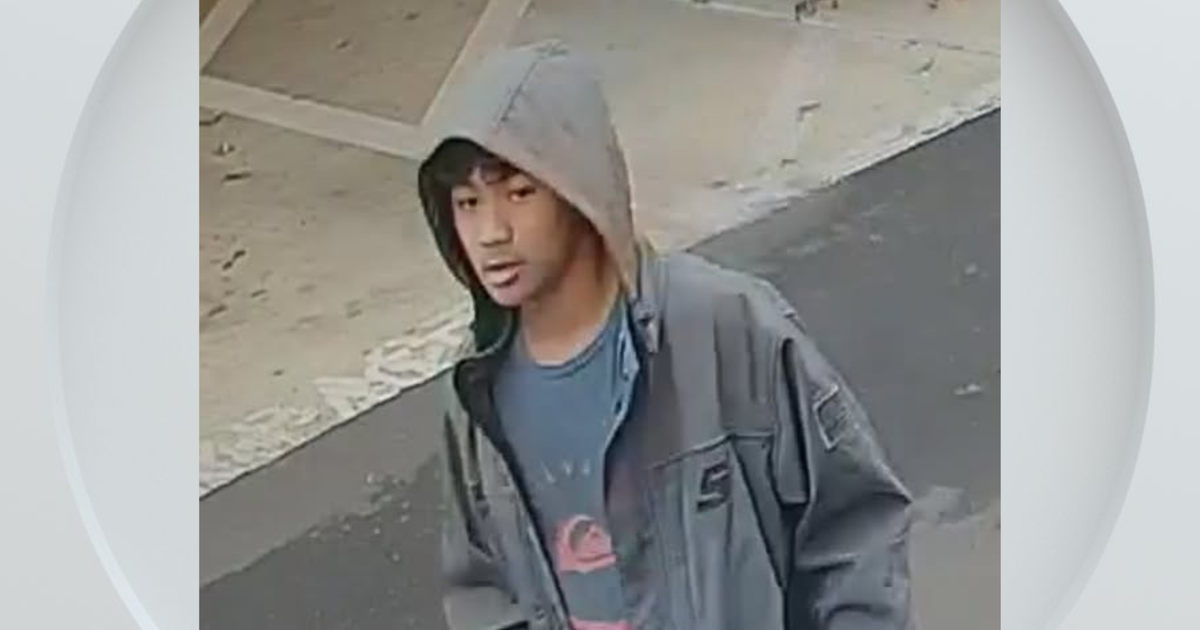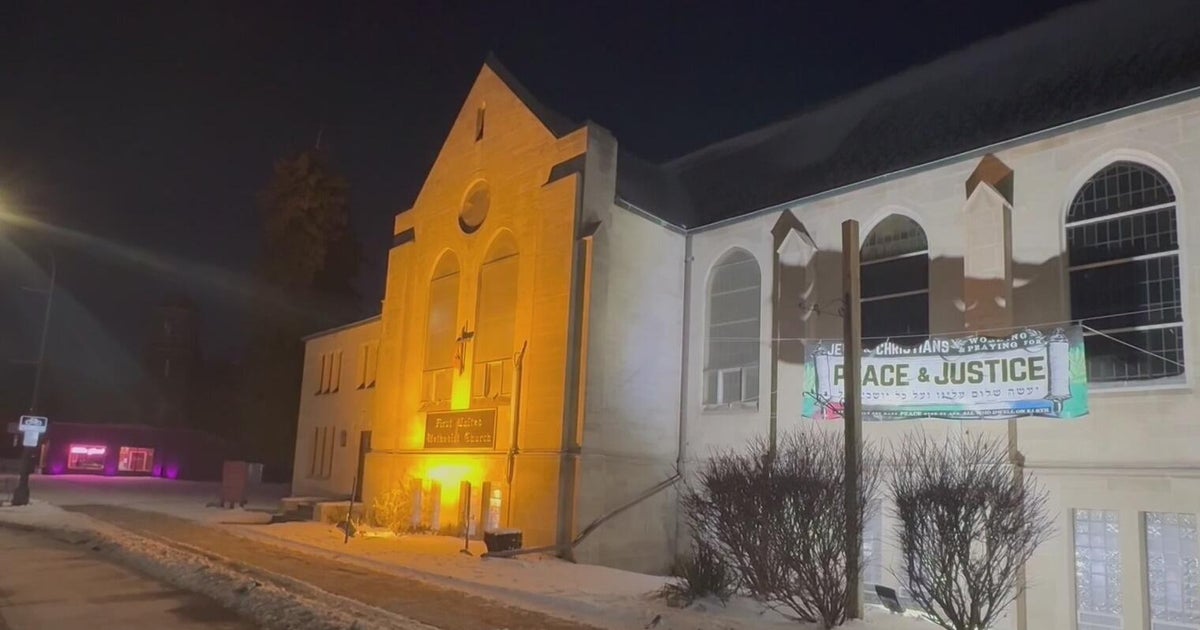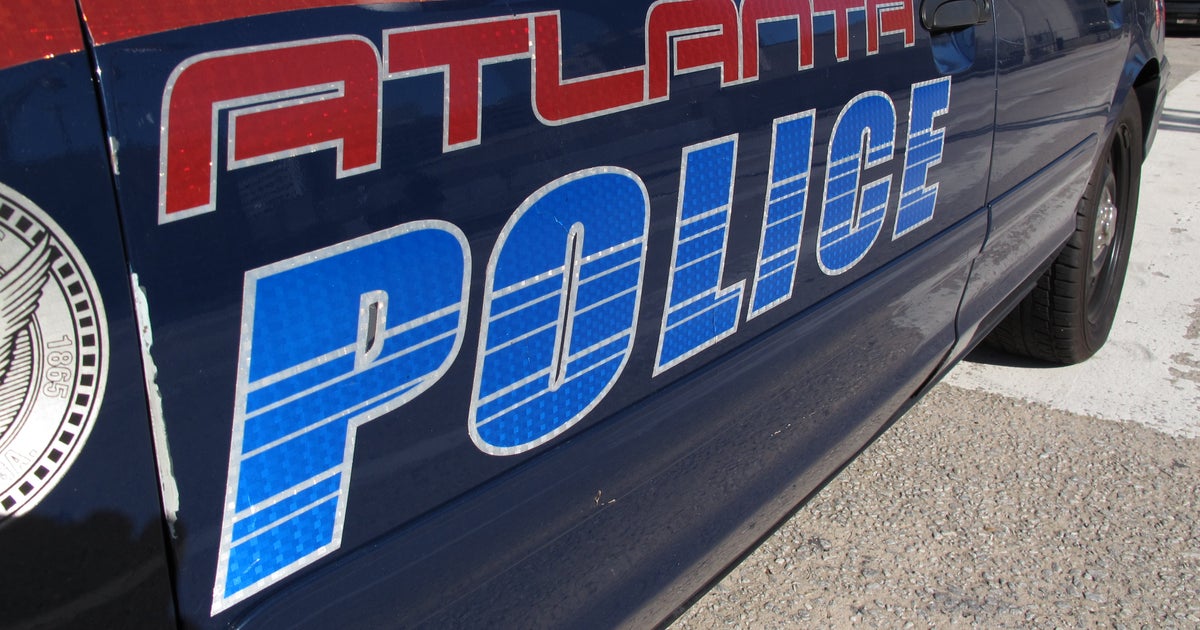ACLU: Blacks Ticketed For Seat Belts Twice Rate Of Whites In Florida
Follow CBSMIAMI.COM: Facebook | Twitter
MIAMI (CBSMiami) – Black drivers in Florida were twice as likely as white drivers to be stopped and cited for failing to wear a seat belt, according to a new study by the American Civil Liberties Union.
And across the state, the racial disparity apparently created by some departments is even greater. The report found that blacks were stopped and cited four times more often than whites by deputies in Escambia County, three times more often by deputies in Palm Beach and Orange counties, and nearly twice as often by Broward deputies.
"These racial disparities raise serious concerns that law enforcement engage in racial profiling when enforcing the Florida Safety Belt Law," the report noted.
The ACLU study on seatbelt citations found no significant racial disparity by the Miami-Dade Police Department, although questions persist about some cities in Miami-Dade.
An advance copy of the report was provided to CBS4 News.
The ACLU is calling for police agencies and local governments to review their own department's actions and increase training to recognize racial bias in their policing.
"We should be concerned when any community is being over ticketed at rates that far exceed their proportion of the population," said Nusrat Choudhury, a staff attorney for the ACLU Racial Justice Project, who oversaw the study.
Florida has had a seatbelt law since 1986 but it wasn't until 2009 that police officers were given the authority to initiate a traffic stop because the driver wasn't wearing a seatbelt. At the time, the ACLU, NAACP and others raised concerns police would use the law as a way to stop black drivers they otherwise wouldn't be able to pull over.
In response to those concerns, the Legislature requires police to report the racial breakdown of the people they issue tickets to.
Unfortunately, not every police department reports their numbers - despite being required to by the state.
For instance, neither the city of Miami nor Miami Beach reported their seatbelt citations.
"The data collection and reporting requirement was enacted for a reason - to inform the public about where racial profiling might be taking place so we can all advocate for and law enforcement agencies can also engage in reforms," Choudhury said. "That was the goal. But it doesn't appear that any law enforcement agency or state authorities have analyzed the data to make conclusions or recommendations. This report is the first of its kind to do so."
CBS4 News reviewed the numbers gathered by the state department of Highway Safety and found some interesting disparities, as well.
In 2014, the Fort Lauderdale Police Department issued 809 seatbelt tickets with 539 going to black drivers.
And in Miami Shores, there were 261 seat belt citations issued with 186 going to blacks.
The ACLU report noted that while studies show blacks are slightly less likely to wear seatbelts, it did not explain the large gap between the rates at which tickets were written to black and white drivers. And rather than simply examining the citation rate compared to the overall population, the ACLU study drilled down even deeper to compare only individuals who were of a legal age to drive.
Police targeting blacks, even for something as minor as a seatbelt ticket, can still have a significant impact, Choudhury said.
First, she explained, it stigmatizes a community, and fosters a distrust of the police.
The second problem is that seat belt tickets like all traffic tickets, and tickets for all misdemeanor low level offenses, carry fines.
"These fines impose burdens on people that can be difficult to pay and when over ticketing of a community is happening that means that that community is being disproportionately burdened," she said. "This can lead to cycles of ticketing, driver's license suspension for not being able to pay fines, subsequent tickets, more fines, and even jail."
The third concern stems from a series of tragic events that took place last year in which seemingly routine traffic stops turned deadly, including the shooting death of Walter Scott in South Carolina.
"Even routine traffic stops can escalate and lead to the use of force," she said.


